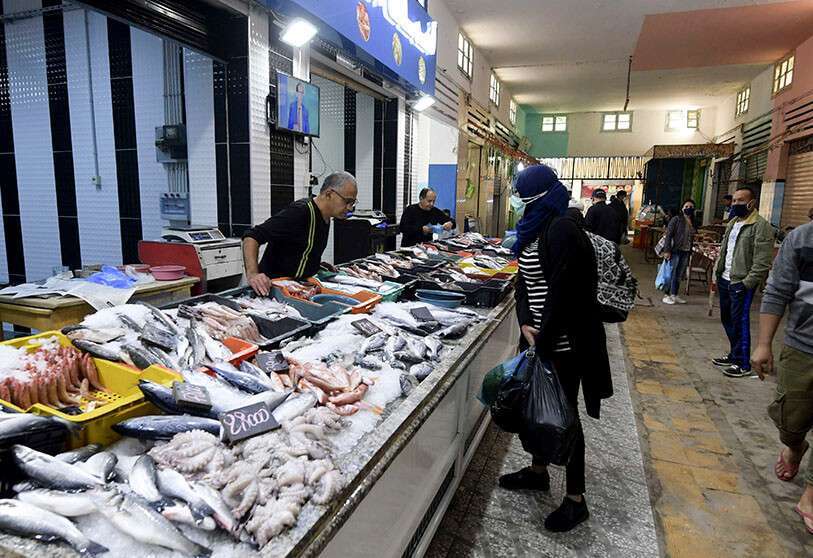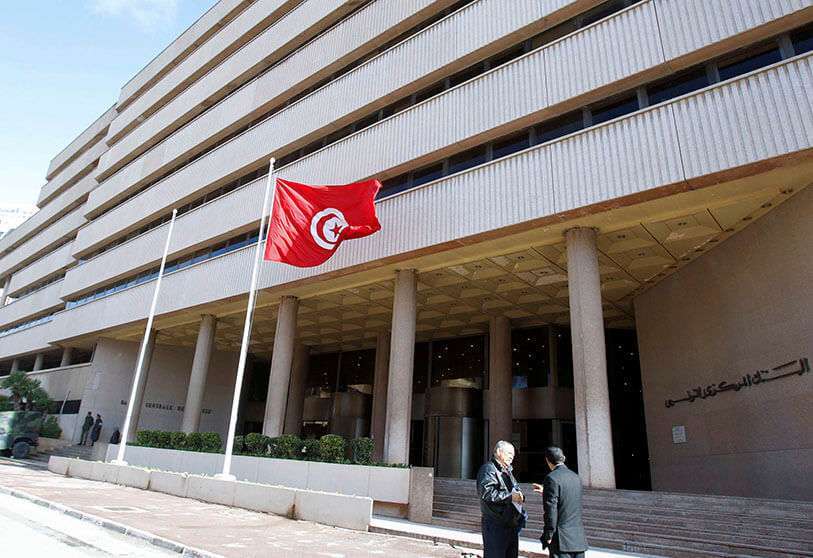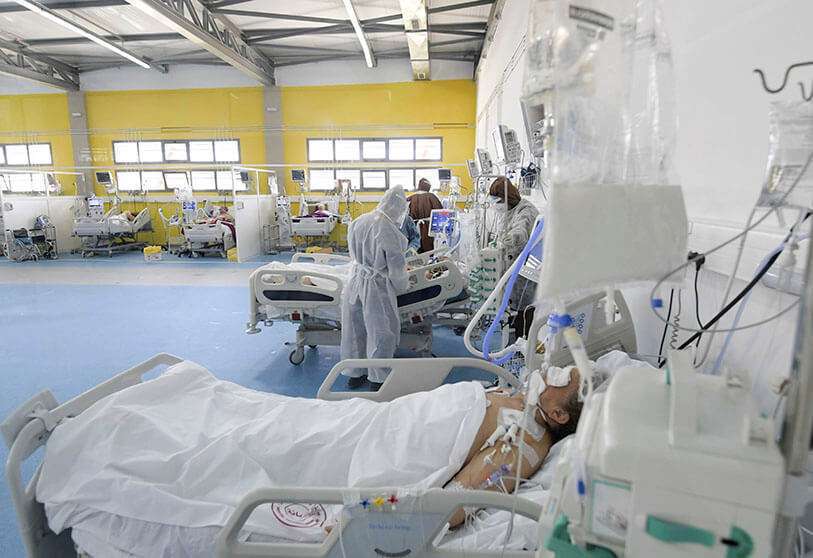Moody's downgrades Tunisia's credit rating

Moody's rating agency announced on Tuesday that it had decided to downgrade Tunisia's long-term foreign and local currency debt rating from B2 to B3 and maintained the negative outlook.
In a report published today, the agency explained that the downgrade is due to weakening governance in the face of growing social constraints that are increasingly hampering the government's flexibility to implement fiscal adjustment and public sector reforms aimed at reducing rising debt, which is expected to reach 90 per cent of GDP this year.
"Fiscal consolidation and public sector reform will require agreement with civil society institutions on both the direction and specific mode of implementation of the measures, which is likely to be, at best, a long-term process," the agency said.

The negative outlook offered by Moody's takes into account risks related to further delays in the negotiation and implementation of the International Monetary Fund (IMF) credit programme. "Such delays would increase uncertainty about the government's ability to secure continued access to official sources of external financing and to maintain access to international capital markets on affordable terms to meet the government's needs," the report reads.
The strong presence of the public sector, constraints on competitiveness, dependence on foreign capital inflows and a complex social and political environment are the main obstacles Moody's identifies to the recovery of the Tunisian economy.
A week ago, the Maghreb country's National Institute of Statistics announced that the economy contracted by 8.8% in January and GDP in 2020 declined by 6% compared to 2019.
According to the IMF, GDP in 2020 as a whole contracted by 8.2% and it estimates growth for this year at 3.8%, although it warned in a report presented in January that this will depend on the executive's management of the pandemic and the vaccination campaign. Likewise, supporting the most vulnerable population by offering aid according to their resources is a measure that the international organisation pointed out as necessary.

Another recommendation is to reduce the number of civil servants, which currently stands at around 650,000, and to restructure loss-making public companies, that is, 50 per cent of the 195 existing ones.
The absence of a stable interlocutor, given that there have been ten successive governments in the last decade, also worries the IMF, which has proposed creating a social pact between political parties, trade unions, employers and civil society to establish a long-term road map that is consensual and lasts beyond the different executives.
Moody's rating could seriously damage Tunisia, which was preparing to tap the international financial market to mobilise 3 billion dollars.

According to Ministry of Health figures, approximately 227,000 people have been infected in the country and more than 7,500 have died. The problem now facing the authorities is the possibility that a local mutation of COVID-19 has occurred, in addition to those already found in Brazil, the UK and South Africa.
"This new strain detected in the second week of February shows some similarities with the British and South African strains," Hashemi al-Wazir, director of the National Pasteur Institute, told ANSA news agency.
He said the two cases of the possible new strain were found by chance after tests on an asymptomatic young man and an elderly man who suffered a severe case of the virus and died. However, it is not yet known whether his death is related to the new variant and reported that tests have not shown an added risk, either in terms of symptoms or speed of spread, from this new strain. In any case, this is bad news for Tunisia, which urgently needs to boost the national economy.








